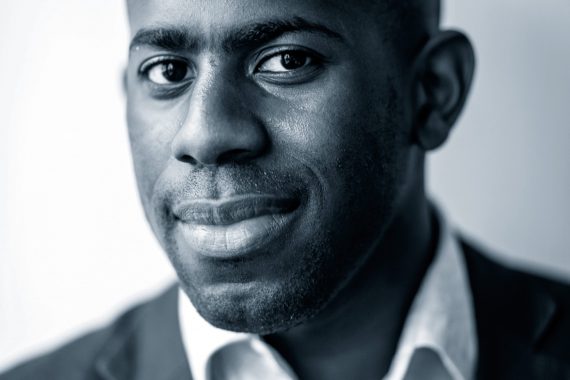Last month I started training to become a GP. Being interested in health policy, I have long had questions about policy development and outcomes relating to primary care and how various organisations and committees influence these. For the past year, I have been spending time trying to better understand these bodies. It has involved speaking to GPs, reading policy documents from NHS England, reading blogs and articles from publications such as Pulse and following GPs and GP groups that are active on social media.
What I have found most striking is the depth of hostility towards the RCGP. Most specialties have gripes with their respective Royal College or Faculty. Many of these complaints are common to all, such as criticism of London-centrism or how college officers appear not to spend enough time carrying out the day job. But I’m unaware of any other speciality that has ‘grassroots’ movements to try to work as a bridge between doctors on the ground and people who hold office at their Royal College. The inference is that the college doesn’t do that job well enough on its own.
I appreciate there is much behind this anger that is historical, and much that I will not fully appreciate until I am doing the job post-CCT. But I do get the impression that a key driver of this hostility is an apparent lack of vision. By this I mean overarching vision of the future of primary care that GPs broadly buy into. For example, how should a high quality primary care service be best delivered to the public? Should there be regional variation? How much variation is appropriate? How can the challenges of patient multi-morbidity be met? How do we best train doctors to become GPs? What is the academic evidence base for these positions, and if lacking, how can the evidence be best generated to prove or disprove any assumptions made?
Navigating these questions is difficult. Answers to such questions from the Government, and arms-length bodies such as NHS England or Health Education England will vary depending on their priorities – and may not align with the views of GPs or even the public. Nonetheless, these are organisations the RCGP must work with to deliver tangible outcomes – whilst being at the mercy of political willingness of these organisations to engage and form helpful policy. Furthermore, the College has to represent a very broad church in the GP profession. GP partners. Salaried GPs. Locum GPs. Part-time GPs. Full-time GPs. GPs with specialist interests. Academic GPs. Rural GPs. Urban GPs. Naturally there will be differences of opinion. To my eyes, it is easy to appreciate why many want to protect the partnership model, but also just as understandable why some are laissez-faire about the idea of it ending.
Overall the situation for the RCGP feels like that of a political party that has lost its way with an important part of the electorate it so desperately needs to be truly successful. As proven by many political parties, such a situation is salvageable. It requires a critical mass of individuals working together within the College, rebuilding that connection with ordinary or jobbing GPs. Unfortunately, this takes time to achieve, requiring tough decisions on internal structure, policy and future direction – decisions that will inevitably create friction. It also needs a message discipline not just in what people say but in what they do – especially difficult when errors can have damaging consequences for the College’s rapport with GPs.
As a new GP trainee, I know I don’t yet have the experience, authority or agency to suggest the path that the RCGP should choose. But what I feel can say is that, without unity amongst GPs and their representatives, general practice will struggle in the long term. Given that a well-functioning primary care system is pretty much a pre-requisite of an effective universal health care service, the consequences of the specialty failing are enormous.
To achieve that unity we really need a clear and cohesive vision from the College and its membership. I don’t know if my reasons for entering general practice and my future expectations of the specialty are at odds with the future that our leadership or the generality of GPs want to see. Trainees need to know what this vision is at the point of entry into a VTS. Without one, there is a path to further division within the specialty in the years to come.
Dr Jason Sarfo-Annin is an NIHR academic clinical fellow and GPST1 in Bristol
Pulse October survey
Take our July 2025 survey to potentially win £1.000 worth of tokens














